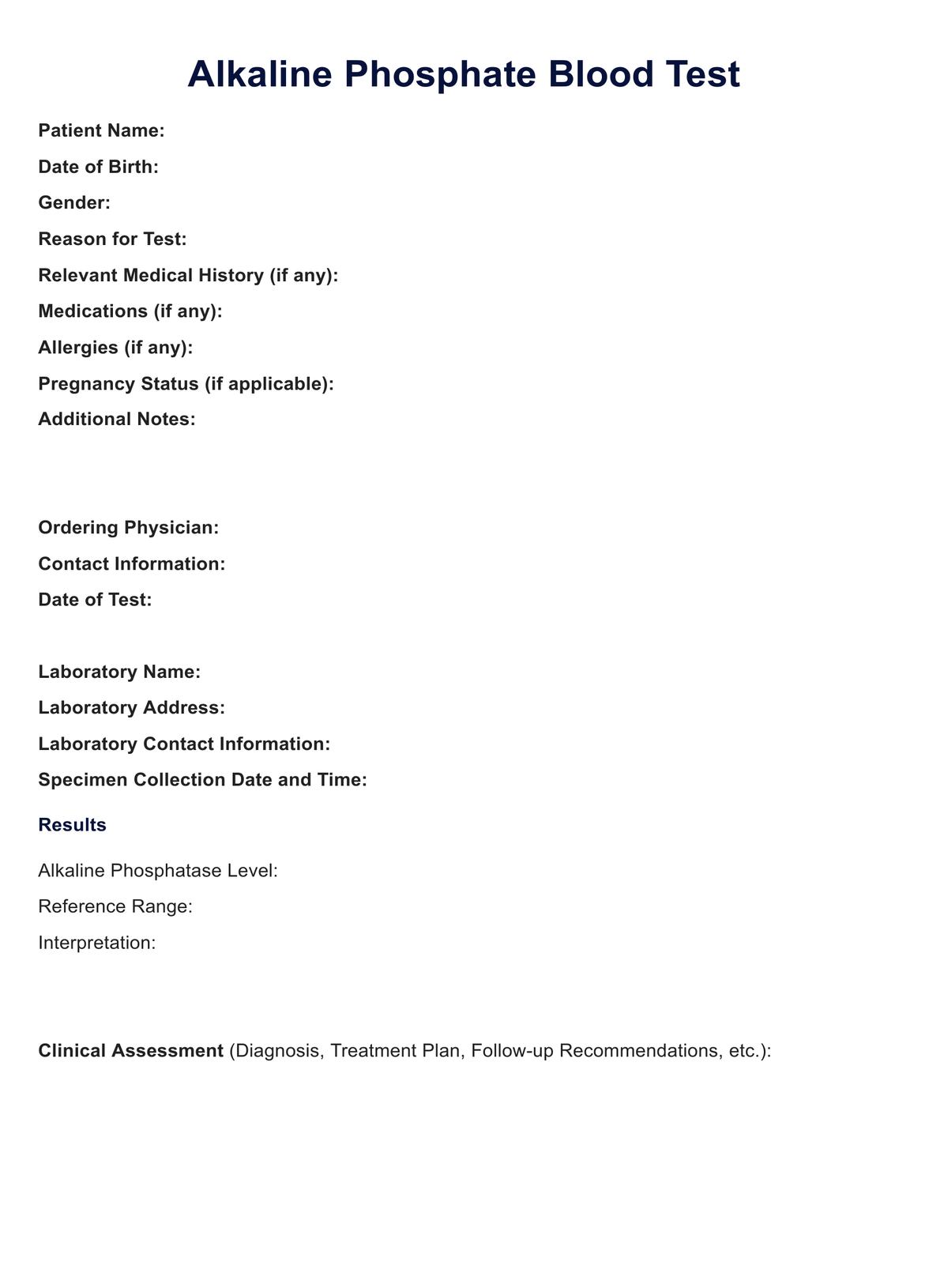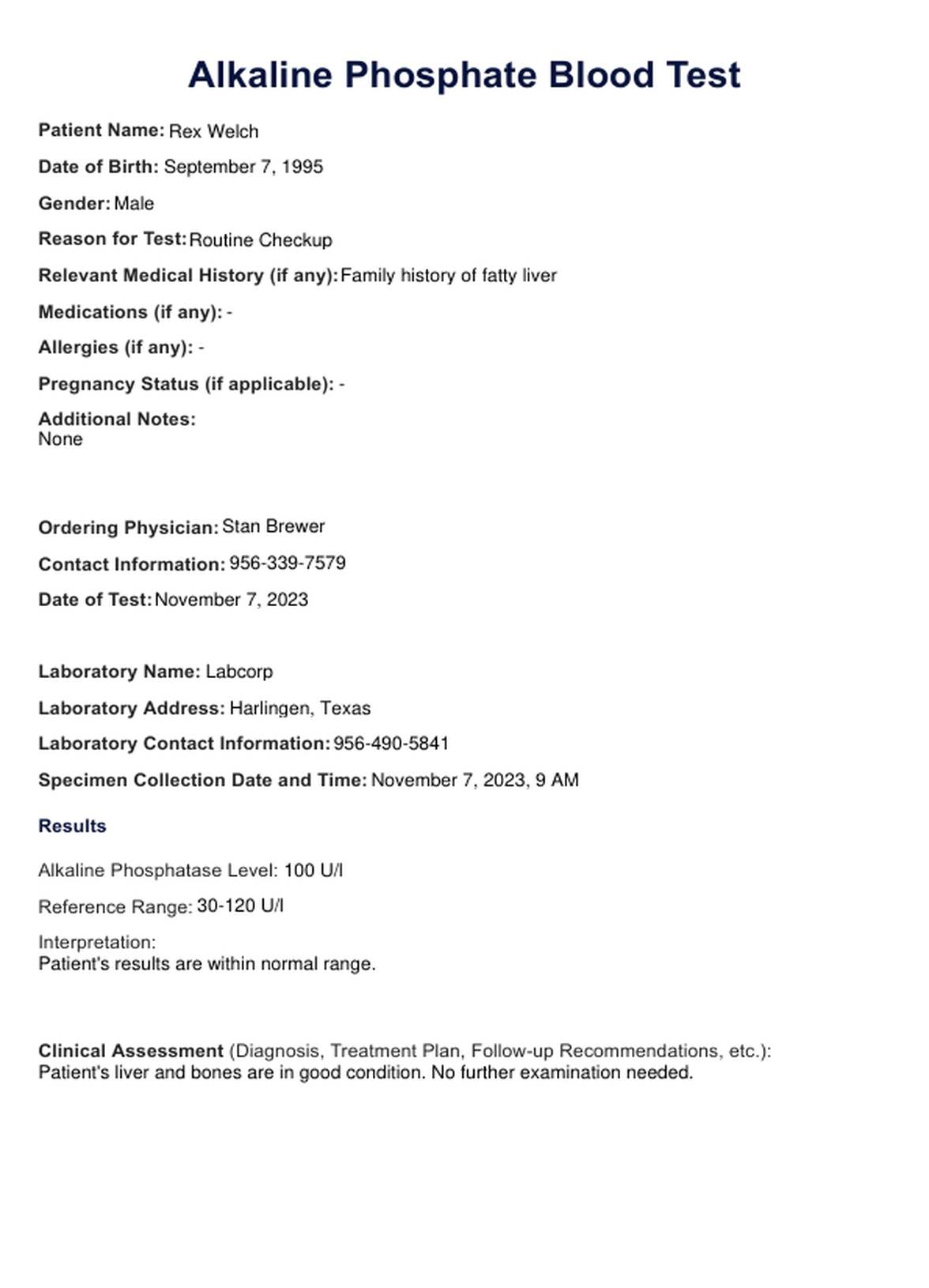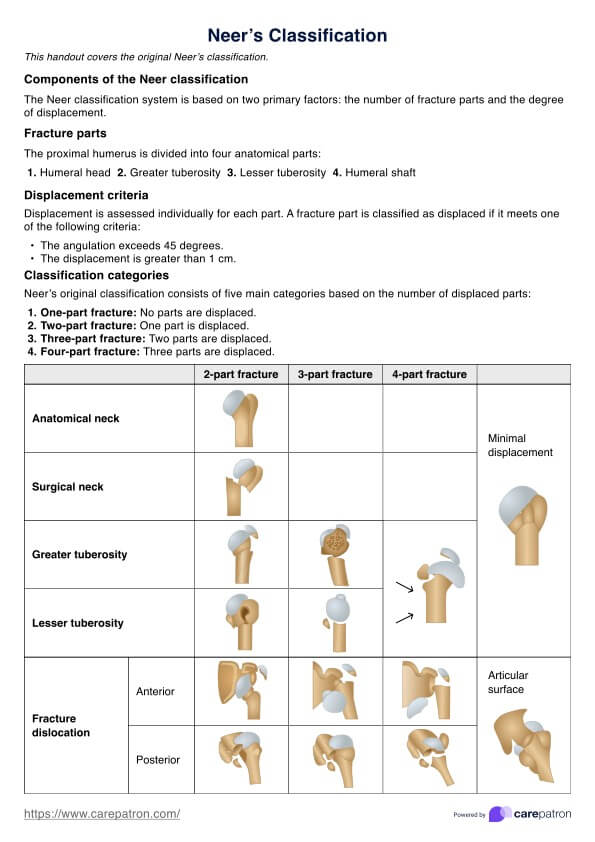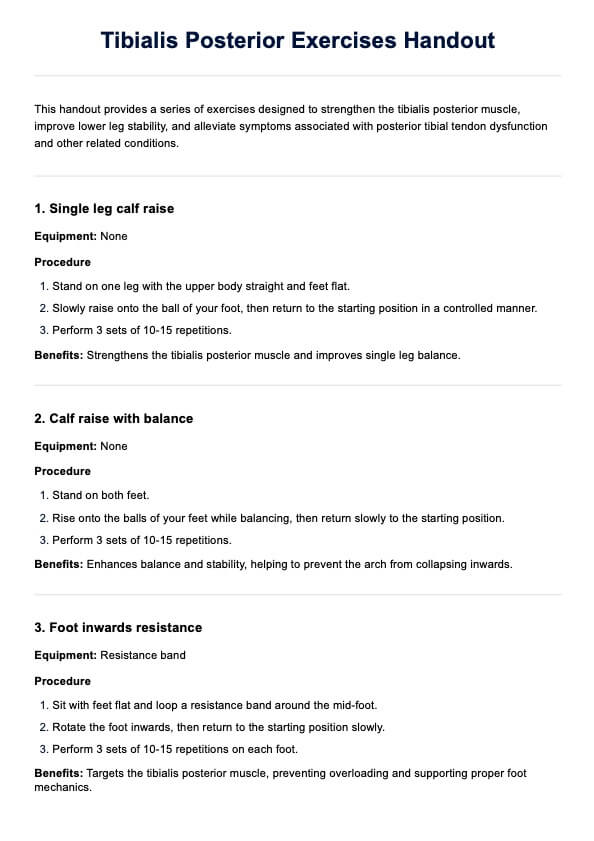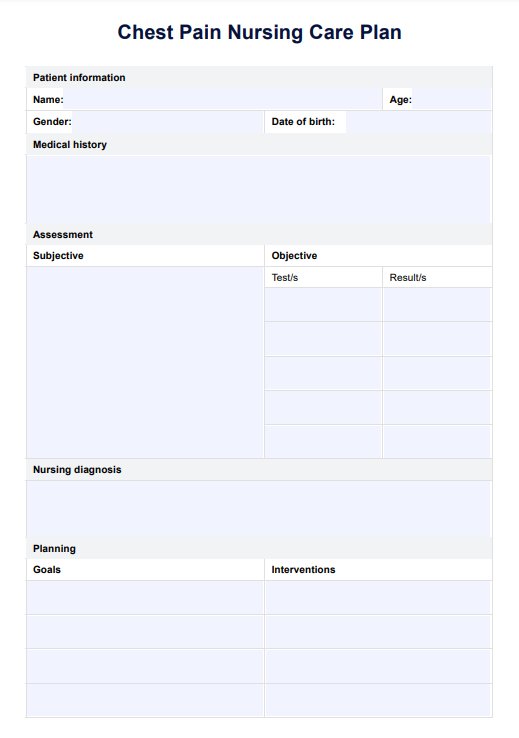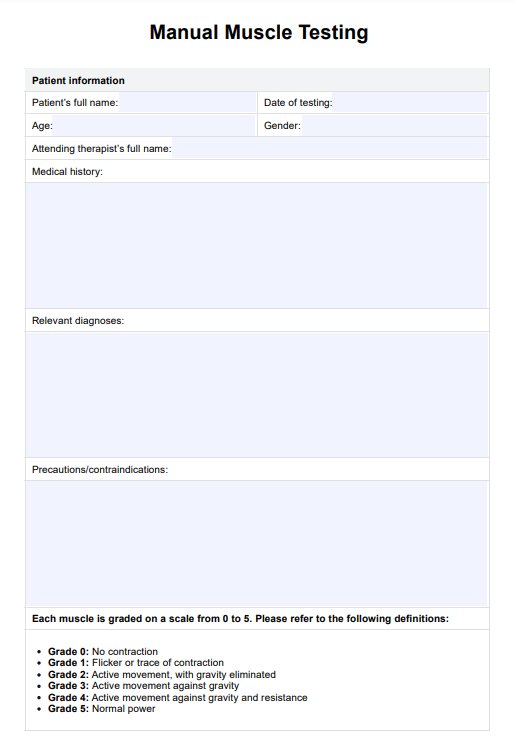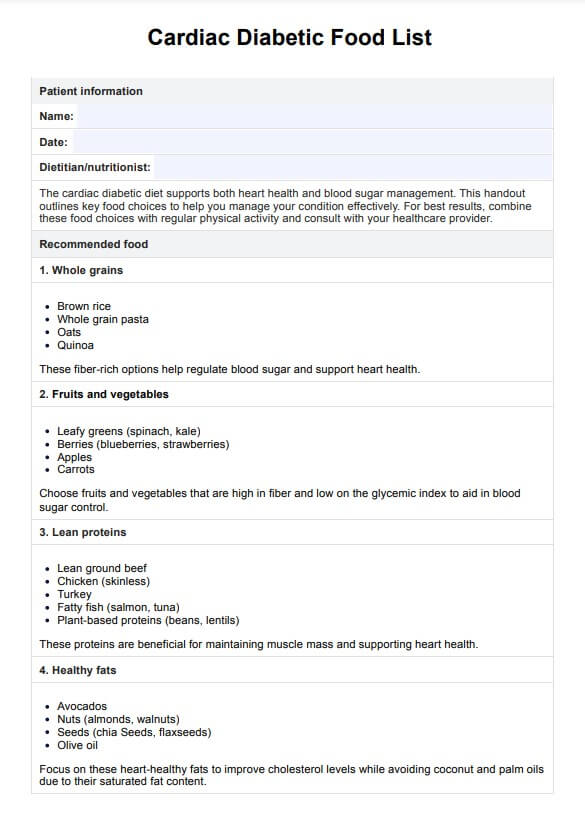ALK Phos Blood Test
Use your guide to learn about the clinical use of ALK Phos blood tests, interpretable results, etc. For more details and a template, please visit their page.


What is an ALK Phos Blood Test?
The ALP or ALK Phos blood test, which is short for Alkaline Phosphatase test, is a crucial medical test and diagnostic tool that's used to measure the concentration of the alkaline phosphatase enzyme in a patient's blood. This test exists because of the importance of alkaline phosphatase, an enzyme that can be found in various tissues in the body, with particularly high levels in the bones, liver, kidneys, and intestines. The enzyme's role is to help with bone growth, digestion, and liver function.
To conduct the ALK Phos blood test, a healthcare practitioner typically obtains a blood sample from the patient using a standard venipuncture procedure. Afterward, the collected blood specimen is sent to a clinical laboratory for thorough analysis. The results are then quantified and reported in units per liter or U/L.
Generally, the test serves multiple functions in the field of clinical medicine, such as evaluating liver function, assessing bone health, assessing bone health, and identifying biliary obstruction. More specifically, with the results, the alkaline phosphatase blood test can help the practitioner diagnose conditions such as hepatitis, cirrhosis, Paget's disease, osteoporosis, gallstones, etc.
Do note that though researchers have studied alkaline phosphatase, they have not pinpointed the exact function of the enzyme. However, any results showing abnormal levels of it are still useful to assess tissue damage or normal body process disruption.
ALK Phos Blood Test Template
ALK Phos Blood Test Example
How does it work?
Step One. Acquire a Template Copy
To obtain a digital and printable alk phos blood test template as needed, you can follow either of the steps below:
- Click the Download Templateor Use Template button
- Search for Alk Phos Blood Test in Carepatron's template library via the website or app's search bar
Step Two. Formulate the Request
When a practitioner notices exhibited symptoms during a patient's physical examination or assesses their medical history and finds it beneficial to have the patient undergo the alk blood test, you may formulate a request. You can do this by promptly completing the request form section.
A patient who is due for a routine checkup may also undergo the test, depending on the referring physician's discretion.
Step Three. Present the Form
Either you, your fellow practitioner caring for the same patient, or your patient can present the form to the phlebotomist for proof of request for the test. It's only then that the patient's blood is collected.
Step Four: Analyze and Interpret
Upon receiving the test results, you can proceed to analyze and interpret them. You are welcome to utilize the latter part of the template as a document for recording your notes and findings. This allows you to compare and contrast results for purposes such as assessment and monitoring.
Step Five: Secure the Template
Once you have completed the template, it is essential to store it securely. If you choose to use a digital version of the template, you can safely store your completed copy on Carepatron, a HIPAA-compliant software that ensures the security of all of your electronic patient records.
When would you use this test?
The alk phos blood test or alkaline phosphatase test stands as a versatile medical test with a wide array of applications across the medical field that can be used by professionals from diverse healthcare disciplines. Here are several situations in which the test proves to be a valuable tool:
- Liver Function Assessment: The test can be used by gastroenterologists and hepatologists to assess the state of the liver and diagnose conditions like hepatitis, cirrhosis, or fatty liver disease if they observe elevated ALP levels.
- Bone Health Evaluation: The test can also be used to evaluate the health of bones. Orthopedic specialists and rheumatologists can use it to detect bone disorders, like osteoporosis, Paget??s disease, and even bone cancers.
- Biliary Obstruction Detection: Gastrointestinal specialists may request and use the test to assess for biliary obstructions like gallstones or tumors.
- Treatment Monitoring: All mentioned practitioners so far can use the test to monitor the treatment progress for the liver of bone conditions they diagnose. Aside from that, it also guides said practitioners when making any necessary treatment adjustments.
- Obstetric Care: Obstetricians can request the test during pregnancy to monitor or check on the development of possible liver conditions like intrahepatic cholestasis.
- Pediatric Care: For any suspected bone growth and development problems, pediatricians may have their child patients undergo a test to confirm the diagnosis of conditions like rickets or any other bone disorders.
- Routine Check-ups: Practitioners may also include the alk phos blood test as a part of a patient??s routine checkup to screen for underlying liver or bone issues, especially if they are experiencing unexplained symptoms or have risk factors of developing conditions related to the bone or liver.

What do the results mean?
The results of an alkaline phosphatase (ALP) test provide valuable insights into various medical conditions associated with the liver or bones. If you need general interpretations, you can write on your free alk phos blood test template, please refer to the information below:
Normal ALP Levels
Although the normal ALP levels will vary among laboratories, typically, ranges are 30-120 U/l. If your patient's ALP levels are between any of these ranges, generally, they don't have any liver or bone condition
Elevated ALP Levels
If a patient has high ALP levels in their blood, it often signals liver disease or a specific bone disorder. Do note that if this is the case, an ALP test alone cannot be the only basis for a diagnosis of a condition, and further examination must be requested.
Low ALP levels
Although less common, low ALP levels can be associated with certain genetic conditions and deficiencies. Therefore, if a patient's ALP levels are below the lower limit, you may request additional tests.
One thing to remember about ALP levels is that if your patient has slightly abnormal levels but doesn't have an underlying illness, it may also signify a more severe medical condition that's still usually related to the kidneys, bones, or liver. Finally, don't forget, before an interpretation, you must consider not only their test results but also the context and their unique medical history.
Commonly asked questions
Hepatologists, gastroenterologists, and rheumatologists are the typical specialists who may request an ALK Phos Blood Test.
The ALK Phos Blood Test is used when the referring physician is in the evaluating, investigating, or diagnosing stage. It can also be used when they are monitoring the treatment of the diagnosed bone, liver, or kidney condition that the patient has.
Though the duration of the processing of results may vary from one laboratory to another, generally, results come back after 1-2 days.


